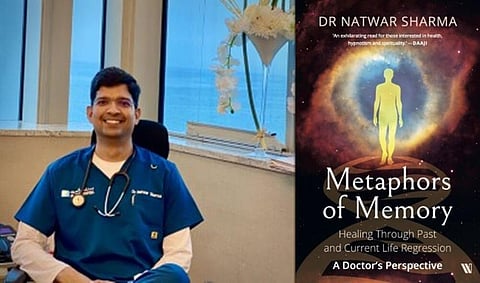"And then another memory opened up, which was two years ago when she was asleep and got a call from her son saying that he met an accident and his car has totaled. She was completely shocked, trembling with fear, and rushed to the accident site which was not far from home. Fortunately, nothing happened to her son, he was fine. But since then a strong thought crept into her mind that something bad might happen when she is asleep. And when we resolved this trauma, within a week she was able to sleep well without medications and her BP and diabetes got better," Sharma elaborated.


